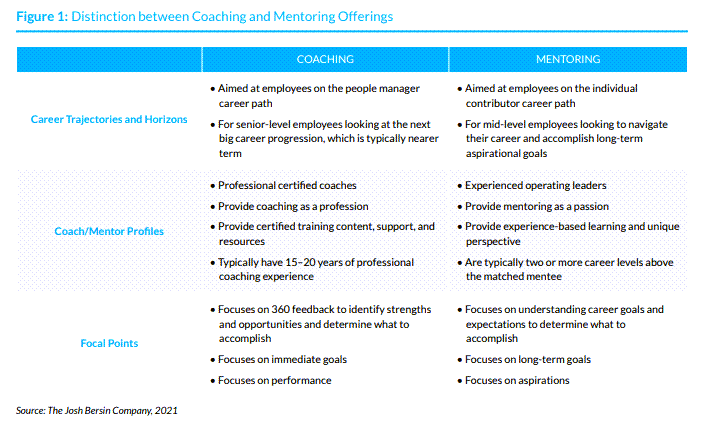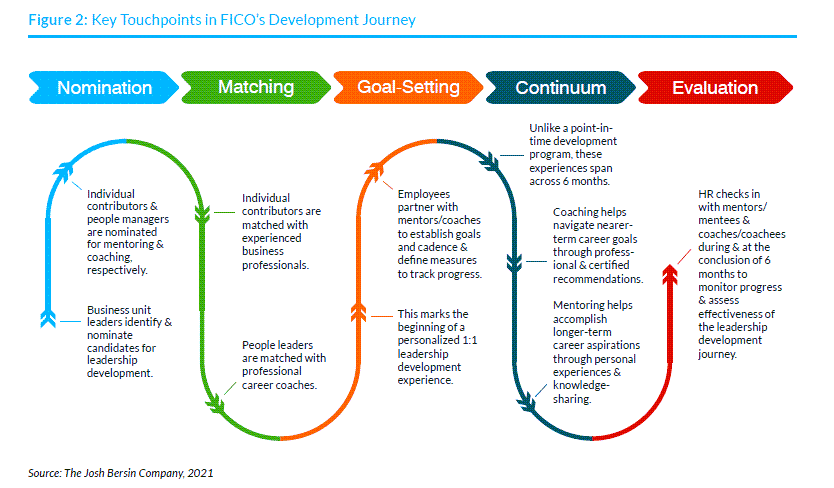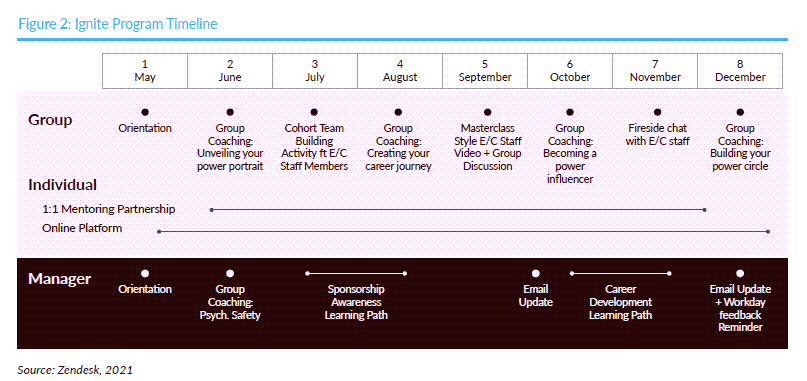Torch: A Fast-Growing New Player In Coaching And Development
The corporate coaching market is on fire. Today more than $360 Billion is spent on all forms of corporate training (average company spends around $1,400 per employee per year) and you can add an additional $300-500 per year on coaching. The result is a massive market, one that might be over $450 Billion or more.
Why all this spending? Companies are desperate to provide more personalized development for employees, and quite frankly, coaching networks work very well. Instead of paying $1000 an hour or more for an executive coach, you can give employees personalized development through a platform like BetterUp, Torch, SoundingBoard, Bravely, or CoachHub and they get personalized coaches for a fraction of the cost.
And the demand is growing. A new study by MetLife shows that almost 70% of employees are burned out and overworked, the highest they’ve ever seen. Traditional training programs simply cannot address this issue: employees need personalized coaching and mentoring to help.
Torch: A Pioneer With A New Approach
The current leader in this market is BetterUp (now valued at over $4.7 Billion), an aggressive company with many advanced offerings. But Torch, a disruptive competitor, is taking a new approach.
Torch was founded by Cameron Yarborough, an executive coach who wanted to add more value to his clients (interestingly, Alexi Robichaux, the CEO of BetterUp, was also a coach). Cameron partnered with Keegan Walden, a clinical psychologist and behavioral scientist, to build a platform that embeds coaching into an organization’s development programs. Through their acquisition of Everwise (a pioneer in mentoring networks), they now offer an integrated platform that combines coaching, mentoring, and digital learning into structured programs for a variety of use-cases.
Let me explain how it works. Most coaching providers can assess employees, assign a coach, and deliver and manage coaching experiences. While Torch does this too, at its core it is a “program-centric system.”
You can design programs with Torch (e.g. manager training, HIPO programs, DEI programs, onboarding), embed various forms of content (e.g. LinkedIn Learning courses, LMS content, articles, quizzes), and then add content and mentoring on top of these experiences. This makes any learning program even more personalized and sticky.
In a sense, Torch is a new type of content development solution. And since the platform embeds coaches and mentors (I’ll show the difference between coaching and mentoring below), the programs can focus on behavior change, not just education.
And to better align with an organization’s needs, customers can add their own leadership competencies, cultural values, and other forms of strategic content.
Most leadership development programs focus on topics and information. With Torch you can help leaders “directly change behavior” in a way that aligns such changes to the company’s culture, strategy, or initiatives.
 |
FICO, for example, uses Torch for its senior leadership development programs. People watch videos, take courses, self-reflect, and embark on directed coaching programs during the experience. Torch, like BetterUp and others, gives people a 360 and helps them identify their weaknesses. The platform then uses this information to create a structured learning journey, designed specifically to build on strengths address the gaps.
 |
While BetterUp continues to lead the coaching market, Torch is carving out a powerful niche. Zendesk, which is a BetterUp customer, uses Torch for its inclusive leadership program called “Ignite.” The Ignite program combines multiple modalities, mentoring, group coaching, and online learning, supplemented with C-Suite fireside chats and masterclasses.
As you can see from the flow chart below, this is a pretty interesting solution. A new manager can build self-awareness, meet in a group coaching event, create their career journey, and then meet with an individual coach for support. And this blended model works:
95% of employees who participated in the program reported high satisfaction with their mentor pairing and mentoring experience, and 91% saw an increase in their motivation to take on more responsibility and own their careers. More than 80% of managers found the group coaching sessions useful and engaging.
 |
What does this tell us? The coaching market is starting to mature. Some companies want an end-to-end coaching solution for all employees, focused on democratizing and personalizing development. Others want a more architected solution, where coaches and mentors are integrated into programs that are aligned with organizational initiatives, competencies, and values.
Lots Of Innovation In Leadership Development Is Needed
The market for leadership development and soft skills (we call them PowerSkills) is massive. While traditional vendors like DDI, Harvard Publishing, Skillsoft, Franklin Covey, Ken Blanchard, and others have been around for years, today companies are desperate for highly personalized solutions that can drive meaningful behavior change. Coaching networks, which have exploded as important disruptive systems, are disrupting the market in an important and exciting way.
Additional Information
Online Coaching Is So Hot It’s Now Disrupting Leadership Development


